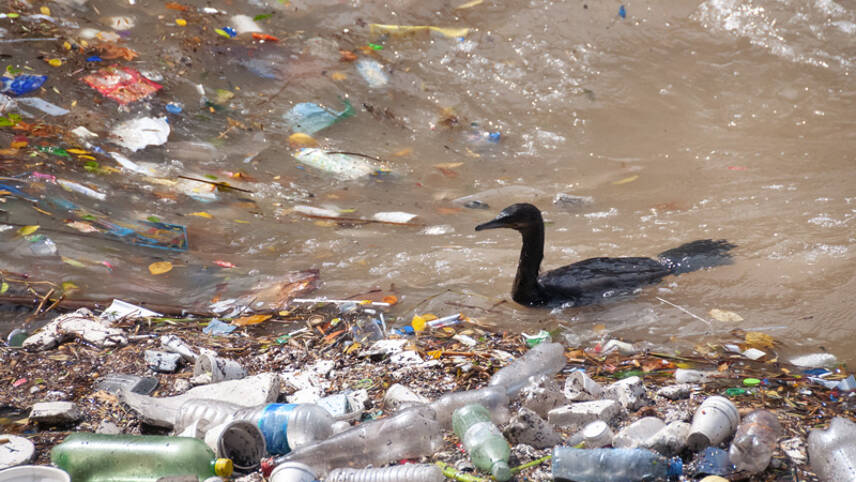Register for free and continue reading
Join our growing army of changemakers and get unlimited access to our premium content

Country negotiators have been in Paris this week for the second round of talks on the UN-backed treaty, following on from the agreement of broad terms last year.
It had been agreed, last year, that nations would work towards a treaty covering all parts of the plastics lifecycle – including upstream. In other words, the resulting commitment should involve reducing production of certain plastics, not just scaling up waste management systems.
But observers of this week’s talks have stated that, at times, backtracking looked likely as some parties with “vested interests” in continuing fossil fuel production intervened. Nations including China, Russia and Saudi Arabia led objections to the treaty decisions being made by a majority rather than a consensus.
Greenpeace USA has stated that the week made clear that “oil producing countries and the fossil fuel industry will do everything in their power to weaken the treaty and delay the process”.
They were fiercely opposed by environmental NGOs and countries supporting the consensus-based approach, including the coalition of Small Island Developing States (SIDS). Some nations formed an informal ‘High Ambition Coalition’, including SIDs, Japan, Chile and the EU.
Many of the issues fuelling the in-fighting in Paris have not yet been resolved. For example, opinion is divided on whether the treaty should include global targets, or instead give nations the freedom to develop their own national plans. Debates on practicalities such as this, observers claim, wasted the best part of two days.
Yet the nations present have agreed to produce a first full draft of the treaty ahead of the next round of talks this November. Such a draft should answer most of these practical concerns.
Reacting to this outcome, WWF’s special envoy Marco Lambertini said “tangible progress” has been made.
He said: “The first draft of the treaty that will now be developed must reflect the ambition shown by the vast majority of countries here in Paris, and include the global bans and control measures that are needed to reduce and eliminate production and consumption of unnecessary and harmful plastic products and materials and turn the tide on plastic pollution.
“Ahead of the next round of negotiations, governments must continue in the spirit and determination shown here this week and work together to realize the ambitious world-changing treaty needed to halt plastic pollution.”
Last month, new research was published confirming that more than 40% of the global population lives in places unable to manage the amount of plastic waste that is generated and discarded. This could reach 60% by this July, the researchers warned.


Please login or Register to leave a comment.